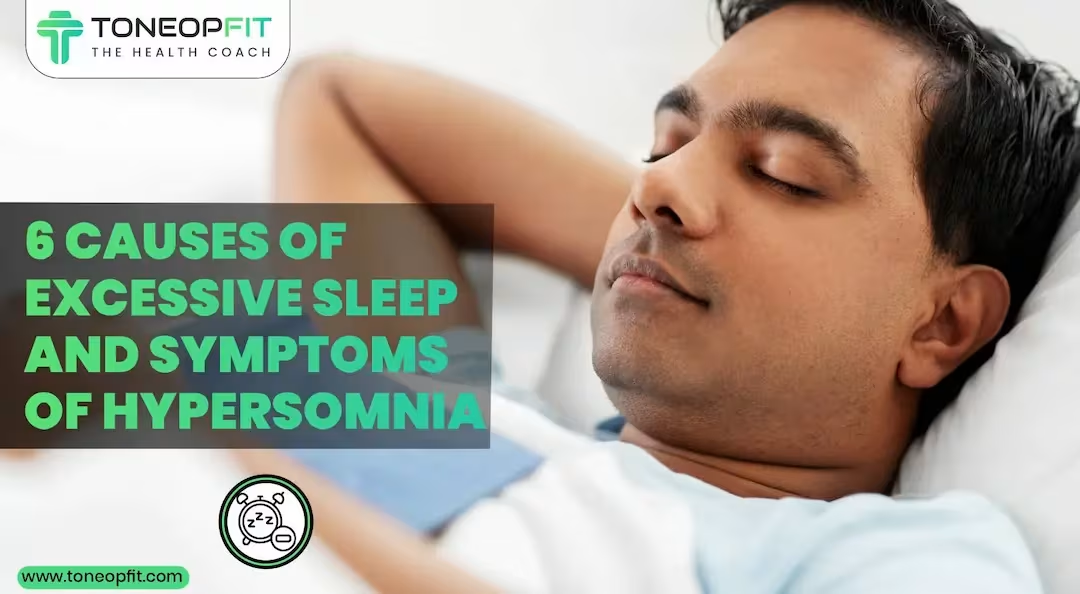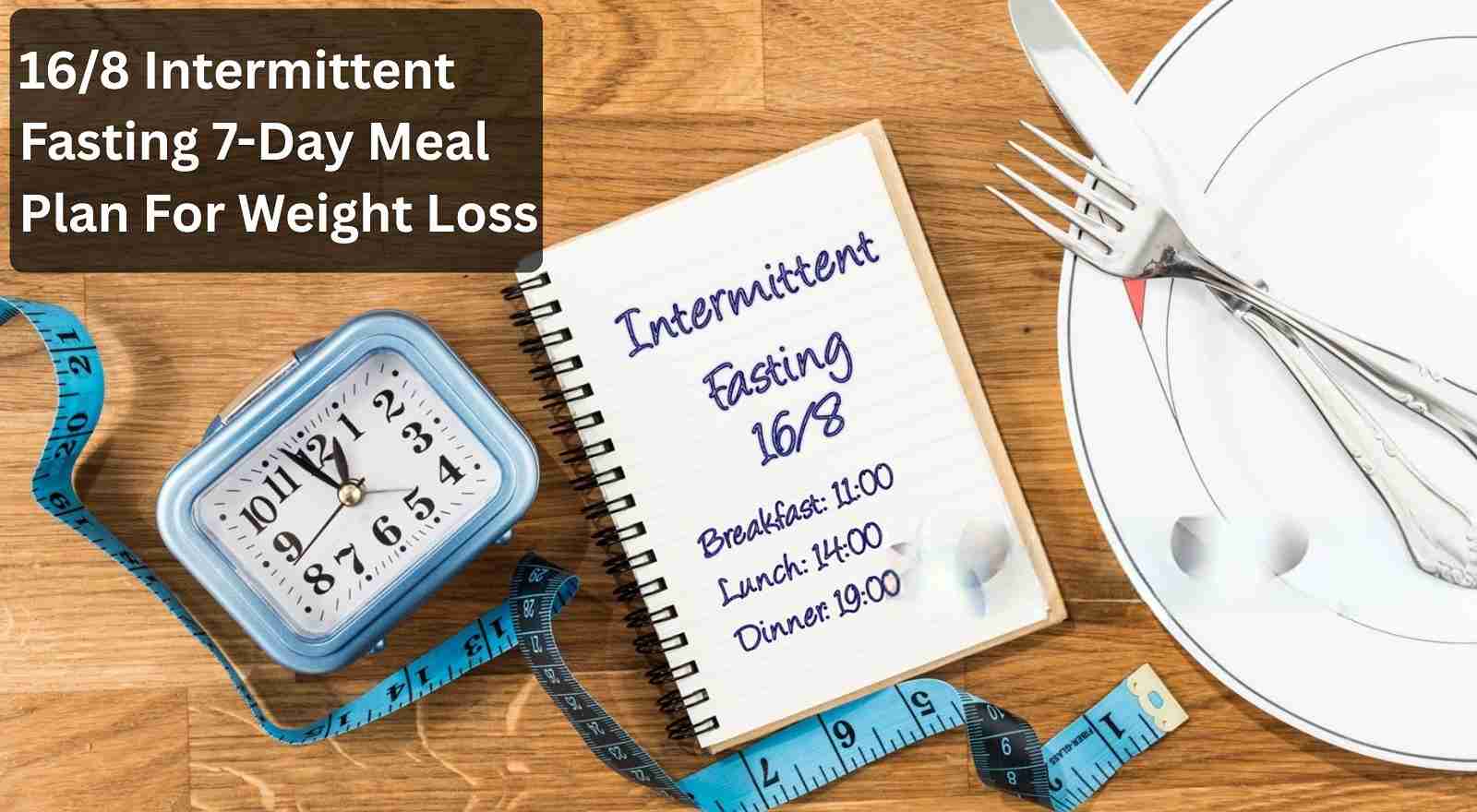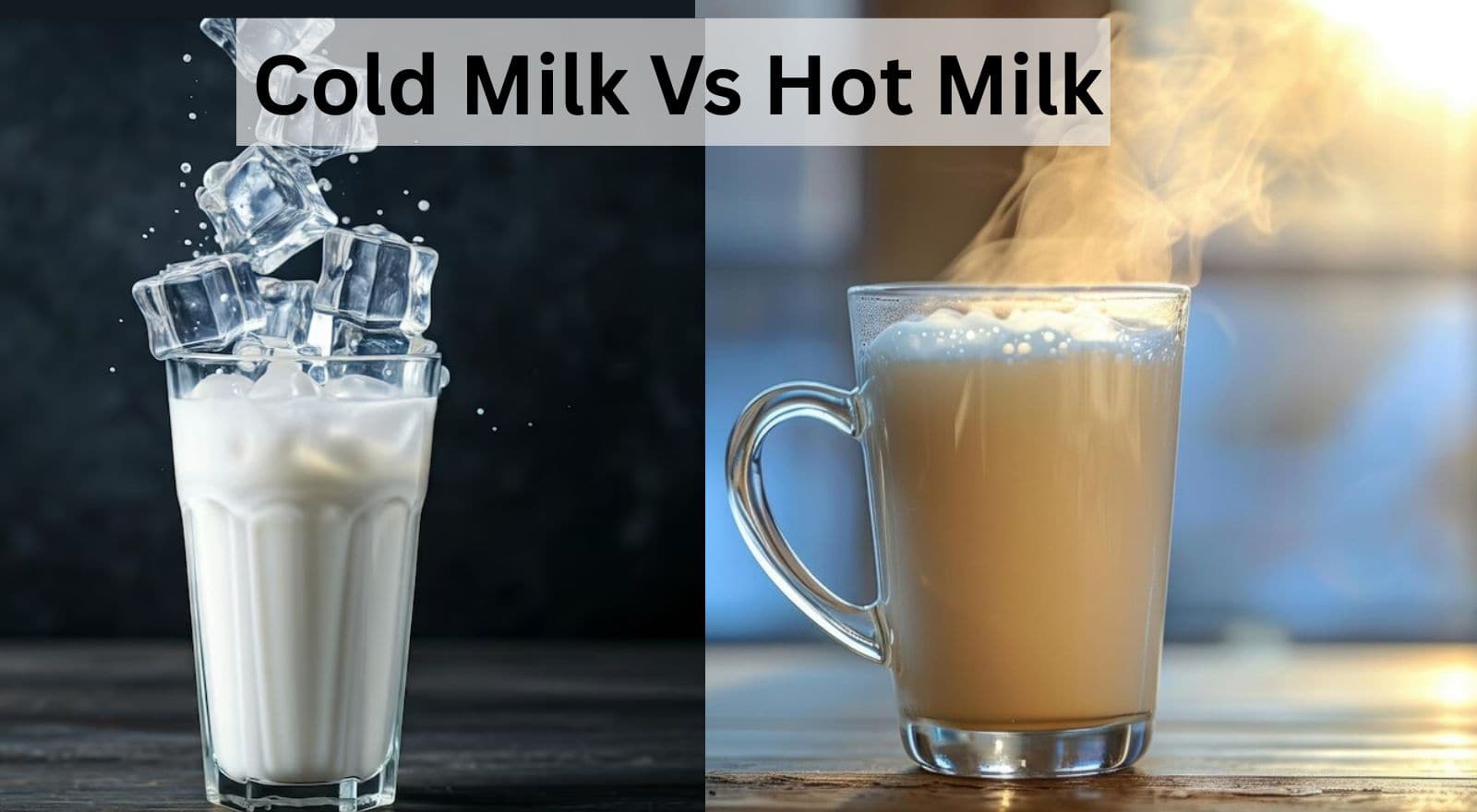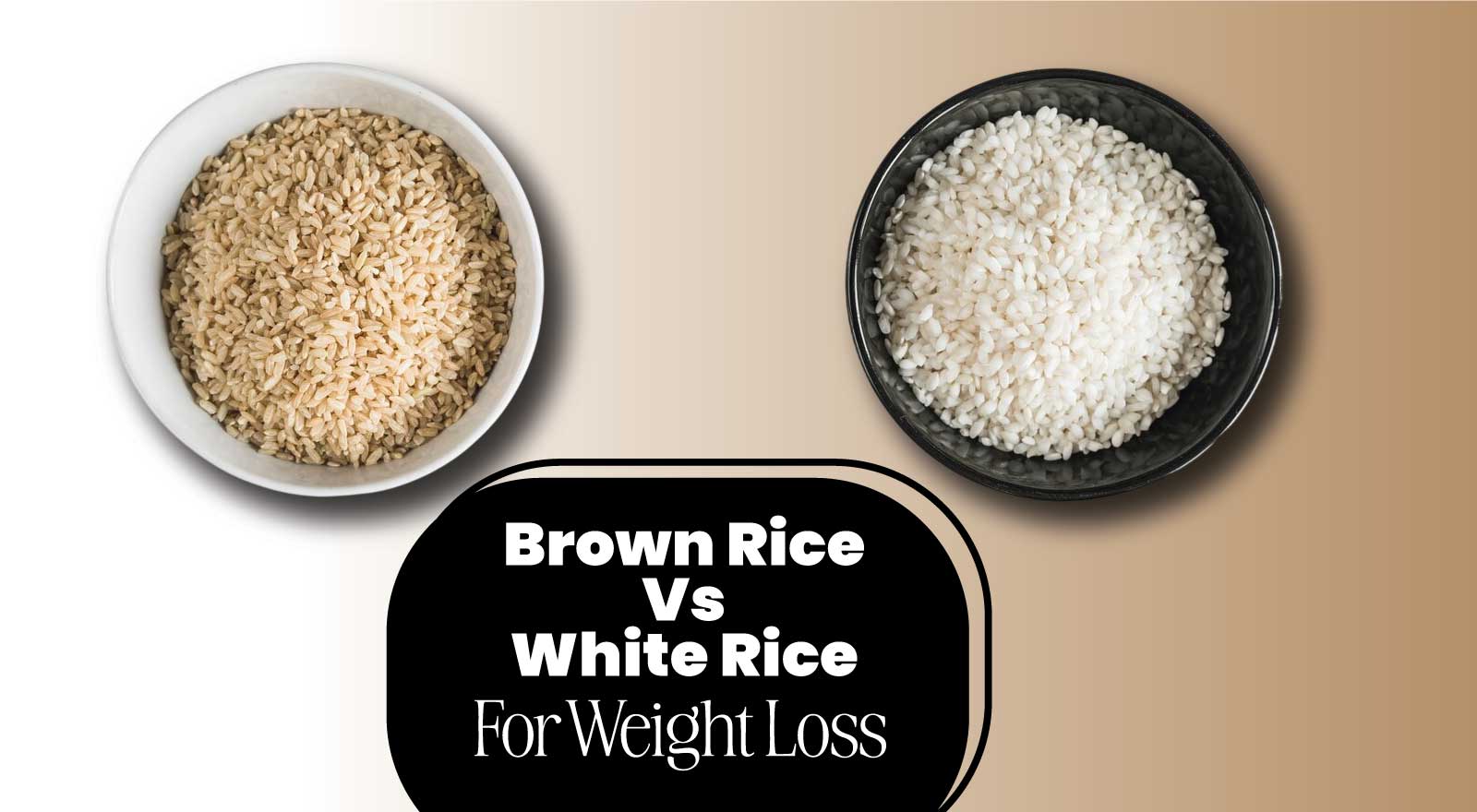Excessive sleep, medically known as hypersomnia, can initially be perplexing for individuals who feel drowsy, lethargic, or sleepy for most of the day despite a night of adequate sleep. While many of us are familiar with the sleepiness from pulling an all-nighter or from sleep deprivation, hypersomniacs are presented with a unique challenge: sleeping for extended periods, such as 8-12 hours or more, and still waking up feeling unrefreshed and groggy. This neurological disorder can significantly interfere with daily life, work, relationships, and overall lifestyle.
People who have excessive sleep problems often feel irritated and frustrated, which affects their health and quality of life. It is, therefore, important to recognise the signs of hypersomnia and understand the causes of excessive sleep so you can eliminate the problem from its roots. To know more, keep reading!
Table Of Contents
- Understanding Excessive Sleep
- 6 Causes For Too Much Sleepiness Throughout The Day
- Recognise The Signs: 8 Symptoms Of Hypersomnia Or Excessive Sleep
- Expert’s Advice
- The Final Say
- FAQs
- References
Are You Sleeping More Than Usual or Wondering Why You're Always Tired?
Understanding Excessive Sleep
Hypersomnia is the opposite of the more commonly known sleep disorder: insomnia. Hypersomnia is a neurological disorder that causes a person to sleep too much and feel unrefreshed and sleepy even after excessive sleep. Hypersomnia or Excessive Daytime Sleepiness (EDS) can be classified into two categories:
A) Primary Hypersomnia
Primary Hypersomnia occurs independently and without any other health condition. Examples of primary hypersomnia include Idiopathic Hypersomnia, Narcolepsy, Kleine-Levin syndrome, etc. Though different, all types of primary hypersomnia include excessive sleepiness, brain fog, daytime sleepiness, difficulty waking up, and other symptoms.
B) Secondary Hypersomnia
Unlike primary hypersomnia, this type occurs due to an underlying health conditions, medications, or lifestyle factors. Conditions like sleep apnea, depression, and chronic fatigue syndrome often cause secondary hypersomnia. Its symptoms include daytime sleepiness, lack of concentration, irritability, reduced energy, reduced appetite, etc.
6 Causes For Too Much Sleepiness Throughout The Day

Understanding the cause will help you find the cure, so here in this section, let’s learn about the causes of excessive sleep or hypersomnia:
1. Sleep Disorders
| Sleep Apnea |
|
| Narcolepsy |
|
| Idiopathic Hypersomnia |
|
| Restless Leg Syndrome (RLS) |
|
2. Medical Conditions
| Psychiatric Disorders |
|
Chronic Fatigue Syndrome (CFS)
|
|
| Hypothyroidism |
|
| Diabetes |
|
Heart Disease
|
|
Also Read: 15 Yoga For Diabetes With Proven Benefits For Blood Sugar Control!
3. Medications and Substances
| Sedatives |
|
| Antidepressants |
|
| Alcohol |
|
| Recreational Drugs |
|
4. Lifestyle Factors
| Poor Sleep Hygiene |
|
| Diet and Nutrition |
|
| Lack of Physical Activity |
|
| Chronic Stress and Burnout |
|
5. Circadian Rhythm Disorders
| Delayed Sleep Phase Disorder (DSPD) |
|
| Shift Work Disorder |
|
6. Environmental Factors
| Seasonal Affective Disorder (SAD) |
|
| Excessive Heat or Humidity |
|
Also Read: Exercise And Better Sleep: Here Are The Best Exercises To Improve Your Sleep Quality!
Recognise The Signs: 8 Symptoms Of Hypersomnia Or Excessive Sleep
If you're unsure whether you or someone you know might be suffering from hypersomnia, look for the following symptoms of the excessive sleep disorder:
1. Daytime Sleepiness
- Persistent Drowsiness: An overwhelming urge to sleep during the day, often leading to napping in inappropriate situations (e.g., during work or social activities).
- Difficulty Staying Awake: Trouble remaining alert during tasks like reading, watching TV, or sitting in meetings.
2. Prolonged Night-time Sleep
- Extended Sleep Duration: Sleeping for long periods (10+ hours) and still feeling unrefreshed upon waking.
- Frequent Napping: Taking long naps throughout the day that interfere with nighttime sleep.
3. Fatigue and Low Energy
- Constant Tiredness: Feeling tired or lethargic despite adequate sleep, often leading to difficulty completing daily tasks.
- Reduced Motivation: A lack of energy or enthusiasm to engage in once enjoyable activities.
Also Read: 10 Energy Boosting Foods And 5 Best Health Drinks | ToneOpFit
4. Cognitive Impairment
- Difficulty Concentrating: Trouble keeping focus on tasks, leading to decreased productivity and performance.
- Memory Problems: Increases forgetfulness or difficulty recalling information due to cognitive fog. Consider Super Brain Yoga which is known for its memory and concentration-boosting power.
5. Mood Changes
- Irritability: Increased frustration or irritability, which may be exacerbated by fatigue and disrupted sleep patterns.
- Depressive Symptoms: Feelings of sadness or hopelessness, which can be related to underlying mood disorders or sleep disturbances.
6. Sleep Disruptions
- Unrefreshing Sleep: Waking up feeling tired or groggy, even after long hours of sleep.
- Difficulty Waking Up: Struggling to get out of bed or feeling disoriented upon waking, often referred to as “sleep drunkenness.”
7. Physical Symptoms
- Headaches: Morning headaches or tension headaches due to poor sleep quality or excessive sleeping. You can do yoga for migraines and headaches every morning to relieve tension.
- Increased Appetite: Some individuals may experience changes in appetite, leading to increased snacking or cravings.
8. Social Withdrawal
- Avoidance of Social Activities: Reduced interest in socialising or engaging with friends and family due to fatigue and lethargy.
- Decreased Work Performance: Struggling to keep up with work responsibilities or attendance due to excessive sleepiness.
Also Read: 12 Best Exercises For Brain Health To Improve Memory, Cognition And Mental Wellness
Expert’s Advice
If you are having trouble with too much sleep, try reaching out to a licensed dietitian to enhance your nutrition for improved energy. Include foods like whole grains and legumes that are high in complex carbohydrates to ensure consistent energy levels. Add different fruits and vegetables to your diet to get important vitamins and minerals that are beneficial for your overall well-being.
Make sure to drink enough water to keep your body hydrated and to avoid feeling tired, and try to aim for a minimum of eight glasses of water every day. Reduce conumption of caffeine and sugar, particularly in the afternoon, and refrain from eating large meals close to bedtime to improve quality of sleep. Strive for a minimum of 30 minutes of physical activity most days to boost your energy levels and enhance the quality of sleep.
Health Expert
Akshata Gandevikar
The Final Say
Excessive sleep, or hypersomnia, can significantly impact daily life and overall well-being. It manifests through persistent daytime drowsiness, prolonged nighttime sleep, cognitive impairment, and mood changes.
Various factors, including sleep disorders, medical conditions, medications, as well as lifestyle choices can contribute to this condition. Addressing excessive sleep is essential for improving your quality of life and restoring energy levels.
If you experience persistent symptoms of excessive sleepiness, consulting a healthcare professional is crucial for identifying the underlying causes and developing appropriate treatment strategies. By understanding and managing hypersomnia, individuals can enhance their daily functioning and regain control over their sleep patterns.
FAQs
1. How is excessive sleep diagnosed?
Typically, excessive sleep is diagnosed through an evaluation that includes a medical history, physical examination, and sleep studies (e.g., polysomnography). They may also assess lifestyle factors and potential medical conditions contributing to hypersomnia to determine the best course of action.
2. What are the reasons for excessive sleeping?
Excessive sleeping can be caused by sleep disorders, medication side effects, or lifestyle factors like stress and poor sleep hygiene. This can lead to daytime fatigue, reduced productivity, and difficulty concentrating.
3. Is excessive sleepiness a sign of an underlying health issue?
Yes, excessive sleepiness can signal underlying health issues such as narcolepsy, thyroid disorders, or chronic fatigue syndrome.
4. How much sleep is considered excessive?
Excessive sleep is generally defined as sleeping more than 9-10 hours per night and still experiencing significant daytime drowsiness or fatigue. Sleep needs vary from person to person, but consistently feeling tired despite long sleep durations can be an indication of hypersomnia or an underlying health issue.
5. Are naps helpful or harmful for excessive sleep?
Naps can be beneficial for individuals experiencing excessive sleepiness, providing short bursts of rest and improving alertness. However, long or irregular naps can disrupt nighttime sleep and contribute to further daytime drowsiness. Limiting naps to 20-30 minutes and scheduling them earlier in the day can help maintain a healthy sleep cycle.
6. Can diet affect excessive sleep?
Yes, diet plays a significant role in sleep quality and energy levels. A balanced diet rich in whole grains, fruits, vegetables, and lean proteins can enhance energy. Limiting processed foods, sugar, and caffeine, especially before bedtime, can also help regulate sleep patterns and reduce excessive sleepiness.
References
- https://www.betterhealth.vic.gov.au/health/conditionsandtreatments/sleep-hypersomnia
- https://my.clevelandclinic.org/health/diseases/21591-hypersomnia
- https://www.medicalnewstoday.com/articles/326807
- https://www.aafp.org/pubs/afp/issues/2009/0301/p391.html
- https://sleepcenterinfo.com/blog/are-you-oversleeping-10-causes-of-excessive-sleep/
- https://www.webmd.com/sleep-disorders/physical-side-effects-oversleeping
- https://www.health.com/condition/sleep/sleeping-too-much
- https://www.mayoclinicproceedings.org/article/S0025-6196(20)30984-8/fulltext
- https://www.medicalnewstoday.com/articles/318677
- https://www.resmed.co.in/blogs/what-makes-me-excessively-sleepy-during-the-day
- https://www.verywellmind.com/excessive-sleeping-definition-symptoms-traits-causes-treatment-6745965
About ToneOp Fit
ToneOp Fit is a platform dedicated to improving and maintaining good health through a comprehensive range of goal-oriented health plans with up to 3 Coach support. With a range of Weight Management, Medical Condition, Detox Plans, and Face Yoga Plans, the app also provides premium health trackers, recipes and health content. Get customised diet, fitness, naturopathy & yoga plans and transform yourself with ToneOp.









































